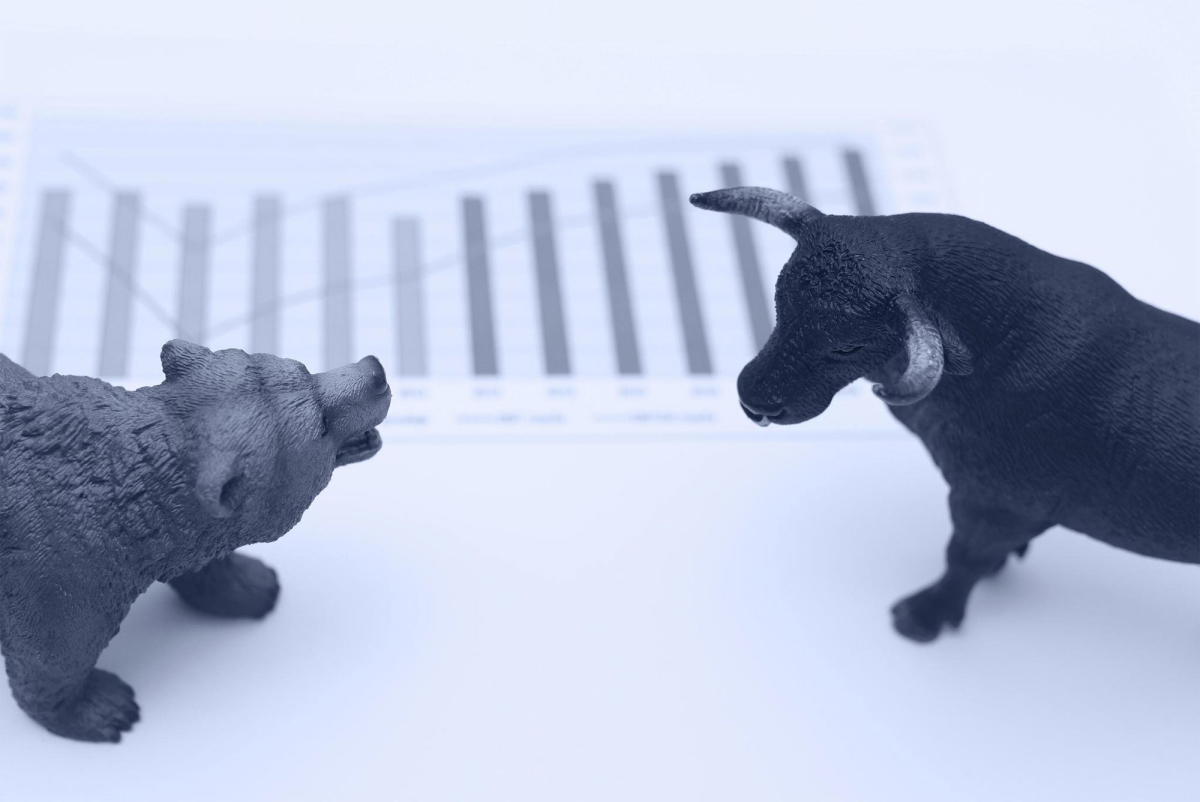What happened?
A goldilocks economy is the best of all worlds; a supportive economy, growing company profits and higher share prices. If the economy is too cold companies don't make enough money and share prices struggle. Too hot and central banks step on the brakes to slow growth and reduce inflation. This means company profits again come under pressure and share prices also struggle.
We have been in a Goldilocks environment over the past year. Every country in the OECD is growing and growth rates have been picking up. Companies have been growing profits strongly and this has resulted in very strong share price appreciation.
On Jan 26 US payroll data was released that was stronger than the market had anticipated. This cast doubt on the Goldilocks theory. Investors wondered if the economy is getting over heated and central banks would act more aggressively to slow things down.
That got the sell off started.
The fundamentals were exacerbated by technical factors
One feature of market psychology is that investors have a tendency to think things will continue along their current trajectory forever. In recent years markets have been remarkably stable. This is measured in financial market terms by the volatility or variability of returns.
Many investors started to believe that this low volatility environment would continue for ever and bet billions of dollars that markets would continue to stay stable and/or that volatility would even fall. Jan 26 was a wakeup call. Volatility spiked going from below 10% to over 50%. Investors who bet on this took a bath. To protect their position many become forced sellers of shares exacerbating the move to the downside.
To give a sense of how crazy some of these strategies were one Fund betting on lower volatility, the VelocityShares Daily Inverse VIX Short-Term ETN, had a market value over $2 billion in late January — significant investor support. As volatility spiked it fell in value by 93 percent and has been wound up.
This pressure of forced selling from highly geared investors betting low volatility would last forever greatly exacerbated the markets moves over the past few weeks.
What happens next?
Despite the surprisingly strong US jobs data and the recent market volatility we still think Goldilocks wins for now. The global economy will continue to grow, companies will increase earnings and shares will generate sound returns with that backdrop despite the fact that are no longer cheap.
That is why we remain around our typical long run exposure to shares in diversified portfolios. But we are watching this closely with our Chief Investment Strategist Mark Brighouse and the team very focussed on when we need to move to a much more defensive position in portfolios.
There are five things all of us need to remember in more difficult times
1. Moves like this in markets happen
We may not remember at this point, but stocks fell more than 12% in the US summer of 2015 and 13% in early 2016. These corrections are all but forgotten because stocks recovered relatively quickly. Volatility is a normal feature of markets and we should never assume that periods of low volatility will last forever.
2. Your response to the recent moves tells you a lot about your DNA as a risk taker
If you feel really nervous, can't sleep and feel the need the check the value of your investment daily it might be a sign you are taking too much risk. It might be time to rethink your investment strategy. The right strategy is one you can live with in difficult as well as buoyant times. Fisher Funds is here to help with this.
3. Where you are at in your investment journey makes all the difference
Many of our KiwiSaver and Managed Fund investors who make regular contributions should embrace falling prices. Falling prices means the investment you make today will likely reap better rewards over the long run. You are invariably richly rewarded for embracing risk at the right times. If you are nearer the time you need access to your money your investment strategy ought to embrace less risk.
4. Active investors use volatility to their advantage
Fisher Funds is an active investor. We have the ability to use volatile markets to make changes to portfolios that we believe will add value over time. For instance, our fixed interest portfolio manager David McLeish has been positioned in shorter maturity bonds so protected clients during the rise in interest rates. Similarly, Sam Dickie our New Zealand equity portfolio manager has been using weaker prices to build our position in new portfolio investment A2 Milk.
5. Fundamentals are all that count in the long run
For me personally this is what I fall back on in tough market environments. Just because a bunch of investors lost money betting on the markets continued stability and were forced to sell shares, the demand for Fisher and Paykel Healthcare's infant Optiflow nasal hi flow oxygen cannula did not change one iota. Luckily for mums worried about their babies, hospitals don't look at whether the Dow was up or down before purchasing life-saving equipment like this. Similarly, Americans are still getting CSL's flu medication regardless of the share market. These companies, as well as the others in Fisher Funds' portfolios, are fundamentally sound, high quality and are growing. The chance to buy shares in world leaders like theses at lower prices is one we should all embrace.
